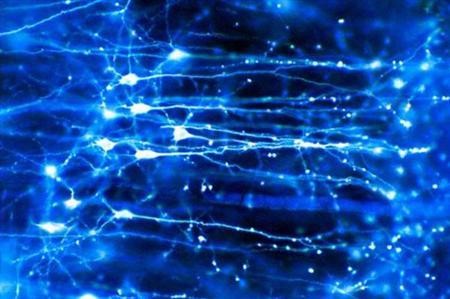University of California Santa Barbara researchers have invented the first computer chip with a 100-synpase smart computer circuit. The new smart circuit was able to identify letters even when "visual noise" made the task more challenging.
Including input from a Stony Brook University researcher, the researchers' findings are published in the journal Nature.
The intelligent circuit was able to classify the letters "n," "v," and "z" successfully, based on their images. It was even able to do this when the letters were written in different styles or contained "noise," like humans who can spot friends in a crowd of people.
The memristor technology, which blends the words "memory" and "resistor," functions like an analog brain. The component's resistance alters due to the direction of an electrical charge's flow.
Traditional computers can complete the same task as the smart computer circuit. However, they need huge computer chips to copy the same human-like behavior.
Mirko Prezioso, the study's lead researcher, explained that classical computers are always limited when performing a "brain-like computation." The memristor-based technology does calculations by using a totally different brain-like method.
The new computer chip technology is still not a neural computer that can precisely duplicate human intelligence. For example, several more artificial synapses in a cpu circuit would be required to recognize what is missing in a scene based on what exists.
The human brain has one quadrillion (1015) "synaptic connections," according to Futurity. While it is imperfect, it can do particular functions faster and better than computers can.
However, scientists believe that within time researchers will develop a memristor network that works with a traditional cpu processor to do more complex tasks. It could result in an intelligent computer chip that is used in a navigation app that is truly "smart."



























